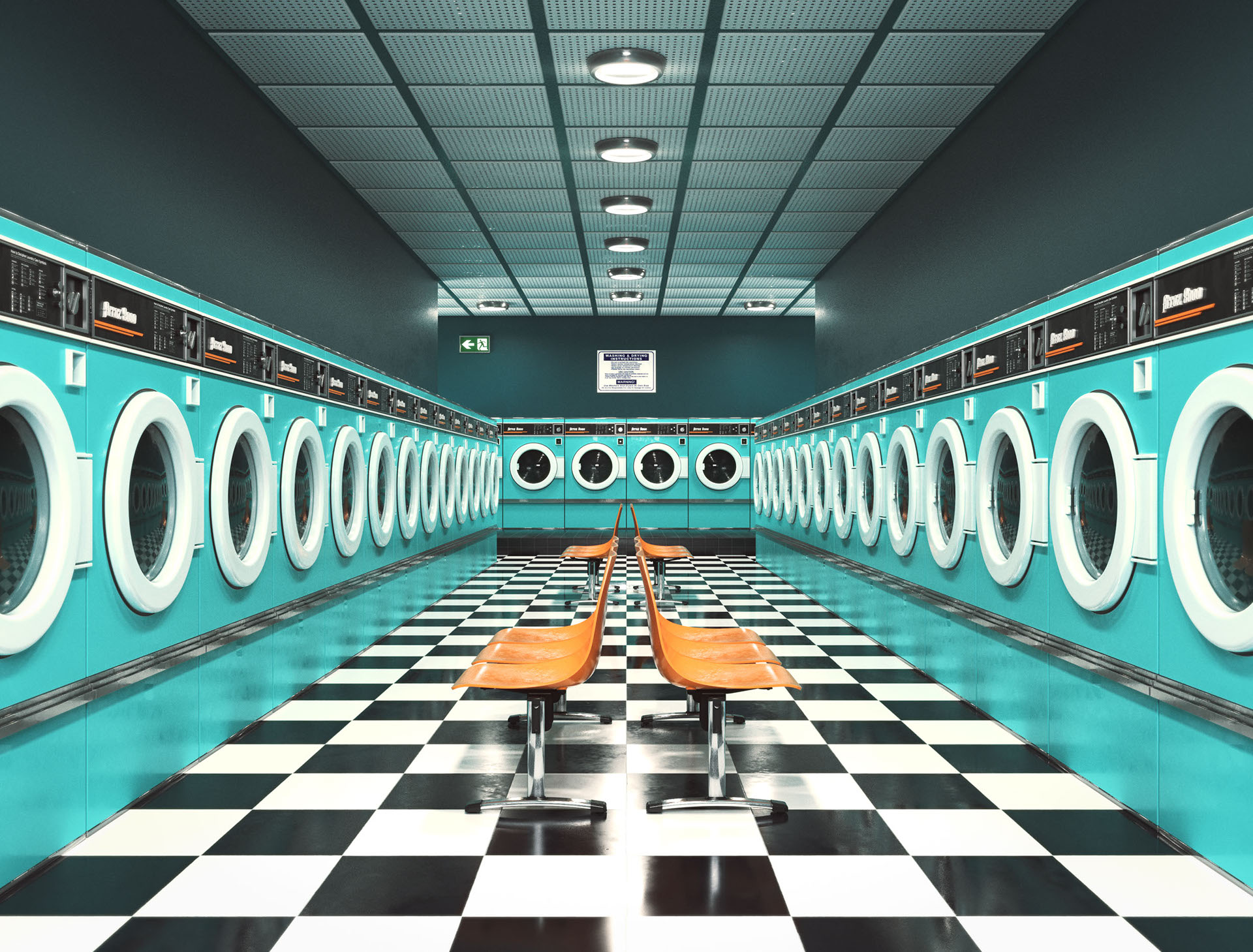
Environment / Lifestyle /
When we reframe a chore such as laundry in this way, and take into account that the average household uses their washing machine 4.7 times a week, with each wash requiring around 50 litres of water, perhaps it doesn’t seem so trivial after all. Whether washing our clothes at home or taking special care items to be professionally cleaned, creating some impact on the environment is inevitable.
Launched in 2017, Oxwash is a sustainable, ultra-hygienic and on-demand laundry and drycleaning company founded by former NASA engineer Dr Kyle Grant while he was completing a PhD at Oxford University.

“I fell into the laundry space completely by accident after getting frustrated doing my sports teams kit one day and finding all the machines out of order. I started a student laundry service that very quickly grew due to the demand from small businesses. When I took my first look under the hood of a commercial laundry I was horrified at the waste being produced and the inefficiencies that were often plugged by below minimum wage workers.” Kyle was inspired to re-engineer the process, making it more planet friendly. “I have always wanted to build a business that has a positive impact for every single customer from day one” he says.
The commercial laundry industry is both wasteful and pollutive throughout much of the process. Traditional laundries are renowned for high energy usage from their washing and drying machines. There’s also the issue of microfibre pollution, caused by inadequate filtration systems which are unable to prevent microplastics from entering our water systems. Then the type of detergent used, or the packaging it comes in; most laundries use whichever detergent is most cost-effective, and these tend to have high levels of toxicity, such as the chemical PERC which is a known health and environmental hazard. Finally, the effect of transportation; most laundries that offer collections and deliveries use vans as transport, contributing to GHG emissions and CO2 pollution.
From collection through washing and back to delivery, Oxwash aims to maintain net zero carbon emissions – something which has never been done before. Kyle’s career as a scientist for NASA informed the process greatly, by bringing a systems engineering mindset to the problem:
“My time working in the aerospace industry has etched in my mind the importance of viewing a ‘system’ as a whole as well as the sum of the parts and analysing our service completely end-to-end. To that end, Oxwash owns the entire value chain from collection, washing and delivery to the tech development and washing research and development. Like launching a rocket it’s only when you build and launch the whole vehicle can you see how all the parts function together in the most efficient way.”
Cutting down on energy consumption, the company uses solar panels to power their washing machines. They use biodegradable detergents and emulsifiers that are automatically dosed depending on the weight of each wash which prevents up to 25% excess chemistry being used. As for the water, where each 8kg wash cycle typically uses 50 litres of water per wash, Oxwash uses 18 litres. Using ozone technology for disinfection, washes are done at low temperatures while still destroying bacteria, viruses and allergens and more recently, dissolvable laundry bags have been introduced to eliminate coronavirus transmission through fabric and clothing. As for the transportations, Oxwash uses e-cargo bikes which save 6,700 KG of CO2 emissions per year.
Oxwash’s model is simple; customers place an order online, choose a collection and drop off time and place, and have their items collected, washed and delivered, all with zero net carbon emissions. The eco-friendly dry cleaning service isn’t just available for individuals, Oxwash has also partnered with companies including Marriott and Airbnb too; both heavyweights in the hospitality industry which is notorious for its huge impact on the environment through laundering, particularly towels and bedding.

Kyle hopes that disrupting the laundry industry will have a knock-on effect on other adjacent industries. “Laundry is one of the oldest circular economies out there. You don’t sleep in your bed sheets once then throw them away! We believe that this mindset and model can be extrapolated.” Here’s hoping!